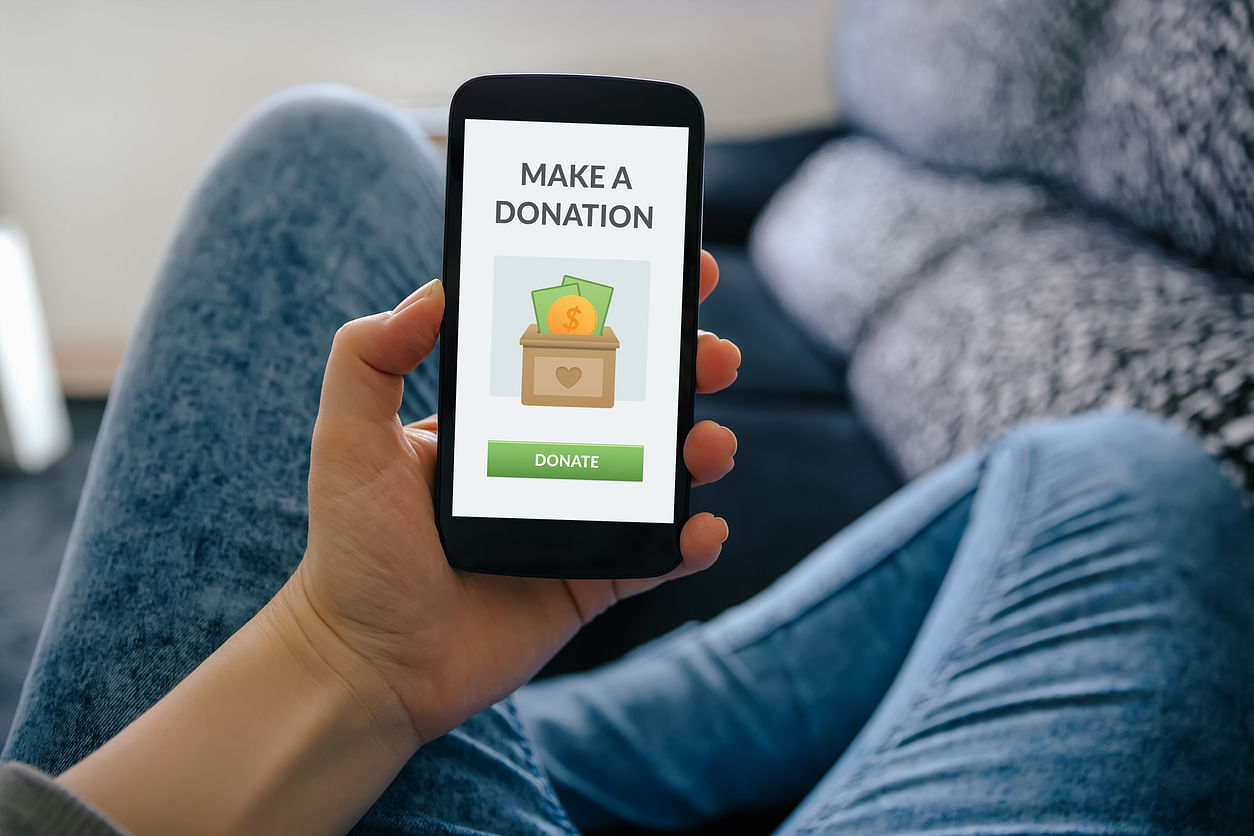
Inundated with requests for money donations after the migrant distress situation and Cyclone Amphan, people like us had two questions: Is it alright if I do not make a contribution; and how do I decide which one to support among the appeals in front of me? With floods now ravaging Assam and Bihar, these questions will resurface.
The first question is relatively easier to address. As long as they are not breaking laws, individuals are entitled to do what they want to with their money, and this includes whether or not they want to make any donations.
There are several good reasons why people can deny donation seekers: They may be worried about their future income streams, or have already committed time or resources to good causes, or, surprising as it sounds, may not find the appeals compelling enough.
That said, ‘I have done my bit as a taxpayer’ argument is specious. It turns a blind eye to the special, ultra-pressing circumstances of an emergency. Tax payments are statutory obligations covering for the usual, rule-bound business of government, not expressions of care and support designed to enable rapid and flexible responses to calamities.
When it comes to the second question – that of deciding between competing appeals – the answer will depend on what the objective of the donation is. Remember we are weighing appeals from six quarters: (a) the government; (b) political outfits and their front organisations; (c) religious, caste, and spiritual organisations; (d) established NGOs/ charities, which need not be large or high profile organisations and which are distinguished from (b) and (c) on account of their apolitical and inclusive mandate; (e) informal citizens’ collectives steered or recommended by trusted acquaintances; and, (f) unheard-of do-gooders popping up on timelines and inboxes.
One imagines all donors want their contribution to reach the neediest, fast and without siphoning, but that may not be the overriding consideration for everyone. Individuals can also view donations as opportunities to declare their affinity to a specific social or political project or oblige an acquaintance they wish to curry favor with. For such individuals, the selection is easier, and since people can use their money as they deem appropriate and an emergency is the wrong time to be looking a gift horse in the mouth, we should probably accept their choices, sub-optimal as they are likely to be in terms of alleviating suffering.
The decision is harder for individuals who do not see their donation as an opportunity for political or social signaling, whose primary interest is in an early, leakage-free transmission of their contributions to the most vulnerable. What makes the choice hard is the absence of credible information in the public domain on the expertise and accountability record of competing donation seekers and the little time available to run personal research on the subject. So, how do we decide – and decide quickly – where our money should go?
Three kinds of donation seekers can be eliminated from the calculus straightway. The unheard-of do-gooder knocking digital doors is quite likely a scammer. Political, religious, spiritual, and caste outfits are not easily weaned off their agendas and constituencies, not even in emergencies, and risks of resource mis-direction and mis-targeting are particularly high with them. There is however an honorable exception to this, and I will come to that later.
There is no guarantee that the remaining others – the government, established NGOs/ charities, and informal collectives – are leakage proof, but a sense of public duty (however notional), concerns over reputational risk, and, in the case of governments and NGOs, available financial control and oversight mechanisms, can keep a lid on gross swindling.
The choice among these three options then is best made based on their expertise to respond to the situation. Established NGOs/ charities, with their experience of direct work with communities during normal times and during emergencies and the vulnerability assessment and rapid response protocols they generally develop in the course of such work, represent the best bet.
Informal collectives often have the right intent and energy but can be hobbled by lack of capacity when they have aspirations for venturing directly into the epicenter of an emergency. They are a prudent choice however when they are reaching out on behalf of NGOs/charities from locations we know little about. Their most appropriate role however may not be in emergency situations but in mobilizing citizen voices on contentious civic and governance issues that others may be hesitant to raise, or may even be resisting.
The government, for all the powers and hands it commands, does often struggle to deal with its inertia and procurement and fund release rules and can therefore be constrained in mounting a rapid response. That said, it remains an option in locations where established NGOs/ charities are unavailable. More importantly, the case for medium to long-term support for governments in building capacities for emergency preparedness and infrastructure and livelihood reconstruction remains.
Having established a pecking order of sorts, we still have a second order problem. How exactly to find a suitable NGO/ charity or collective? Given the absence of relevant public data, a workable way is to go by reputation and/ or advice of acquaintances with some knowledge of the NGO sector. If nothing helps, reach out to a gurudwara. Chances are they will already be doing something meaningful. Get behind that. I never met anyone who regretted it.
(Manish Dubey is a policy analyst and writer)
Disclaimer: The views expressed above are the author's own. They do not necessarily reflect the views of DH.